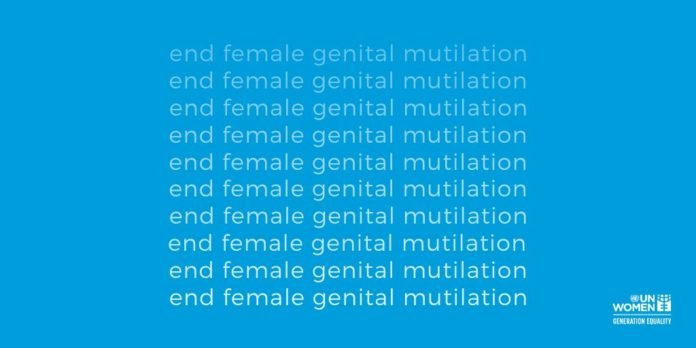NEW YORK, FEBRUARY 6 – Marking the International Day for Zero Tolerance for Female Genital Mutilation, the Italian Permanent Mission to the UN reaffirmed its commitment to protecting the dignity and integrity of women and ending this practice worldwide.
The United Nations has called for collaboration at all levels, and across all sectors of society, to protect the millions of girls and women at risk of genital mutilation every year. The need is even more pressing today, as the coronavirus pandemic shuts down schools and disrupts programs that help protect girls from this harmful practice.
In a message marking the day, the UN Secretary-General António Guterres stressed that by working together, “we can eliminate female genital mutilation by 2030,” which will have important positive effects on the health, education and economic progress of girls and women.
According to UNICEF and UNFPA, 2 million additional cases of FGM are likely to occur in the next decade due to the Covid-19 pandemic. “We must act now to make sure it doesn’t happen,” reads a joint statement by Unicef Director-General Henrietta Fore, and UNFPA colleague Natalia Kanem.
“We must unite. Ending female genital mutilation requires collaboration among a wide group of stakeholders. This includes global, regional, national and local policymakers; civil society from small grass-roots organizations and women’s rights groups to international non-governmental organizations; agents of change from teachers and health workers to religious leaders and local elders; as well as law enforcement and judicial officials. Men and boys also have a crucial role to play. Together, let us also amplify the powerful and persuasive voices of survivors who are increasingly leading transformative change in their communities”
According to the two UN agencies, even in countries where female genital mutilation is already declining, progress needs to increase ten-fold to meet the global target of elimination by 2030. This will require some $2.4 billion over the next decade, which breaks down to less than $100 per girl. “It is a very small price to pay for preserving a girl’s bodily integrity, her health and her right to say ‘no’ to violation. However, most of this money has yet to be raised”, UNICEF and UNFPA said. (@OnuItaly)

